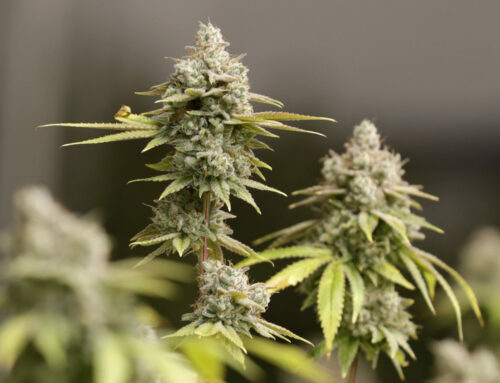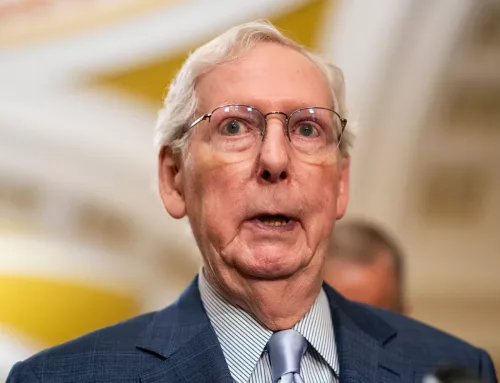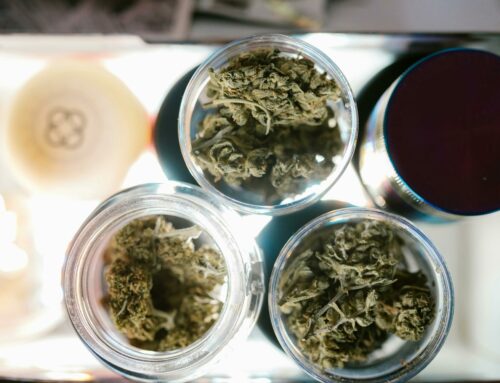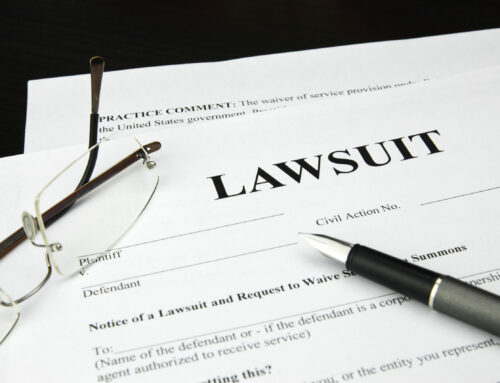Arizona Social Equity Cannabis License Holders Face Deadline Challenges
PHOENIX — As the state-mandated deadline of Sunday, Oct. 8, looms, more than half of Arizona’s social equity cannabis retail licensees risk missing the critical opening date for their businesses. Of the 26 license holders, 14 are behind schedule, which could potentially lead to penalties including the revocation of their licenses.
Despite this, the Arizona Department of Health Services (ADHS) has suggested leniency, indicating that they will extend the deadline to allow these operators more time to commence their retail operations.
The Arizona market is not alone in its challenges; social equity license holders in states like Los Angeles, Illinois, Michigan, and New York have also faced significant barriers. These include lack of funding, legal disputes, competition from established operators, and additional impediments unique to social equity ventures.
Under Arizona law, 169 cannabis retail locations are allowed, with social equity retailers representing a substantial segment. However, these businesses are subject to more restrictive rules, creating disadvantages in competition with other cannabis businesses within the state. Notably, while social equity operators are permitted to sell to medical patients, those patients must pay a 16% excise tax—equivalent to adult-use consumers—on their purchases and face limitations on the quantity and potency of the products they can buy.
Following the awarding of the 26 social equity licenses via lottery in April 2022, an 18-month operational deadline was set by the ADHS. Nevertheless, a myriad of hurdles such as lawsuits, legislative failures, zoning issues, and internal disputes have made meeting this deadline a significant challenge. Phoenix and Tucson, two of the largest cities in Arizona, have compounded these difficulties with restrictive policies and delayed enactments of governing rules for social equity cannabis operators.
Despite the setbacks for social equity participants, Arizona’s broader cannabis market appears to be thriving, with sales expected to reach $1.2 billion this year and potentially exceeding $3.3 billion by 2028, as per projections in the MJBiz Factbook.
Regulatory officials have noted that failure to meet the opening deadline could result in enforcement actions. However, licensees are afforded rights to an administrative appeal, including hearings and the opportunity for settlement conferences.
In an innovative move, Arizona regulators are allowing temporary locations for social equity retailers until permanent sites are secured. Yet, the strategic positioning of new establishments remains challenging as numerous localities, particularly around Phoenix, have either opted out of cannabis retail or imposed moratoria on license expansions, pushing some businesses to less desirable rural locales.
Alicia Deals has emerged as a positive figure amid these complications, becoming the first Black social equity lottery winner in Arizona to open a cannabis store with full ownership, a rare accomplishment among her peers.
The introduction of Arizona’s social equity program promised 26 “golden tickets” to successful applicants. The state’s vertically integrated market structure means license holders can conduct cultivation, manufacturing, and retail operations. Despite the lure of such potential, the journey for many has been fraught with legal complexities and partnership conflicts, highlighting the tumultuous path of establishing social equity in the state’s burgeoning cannabis industry.



































